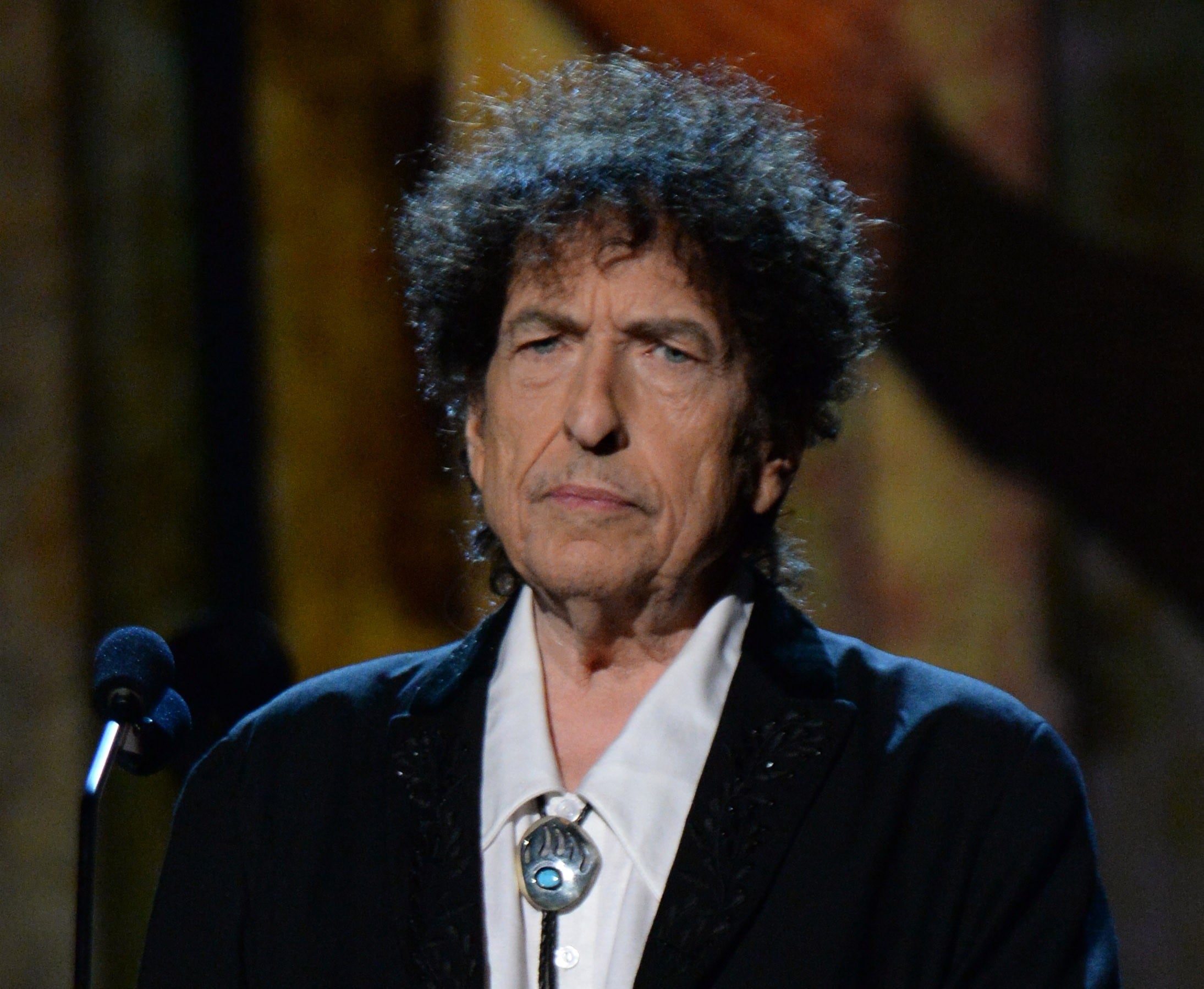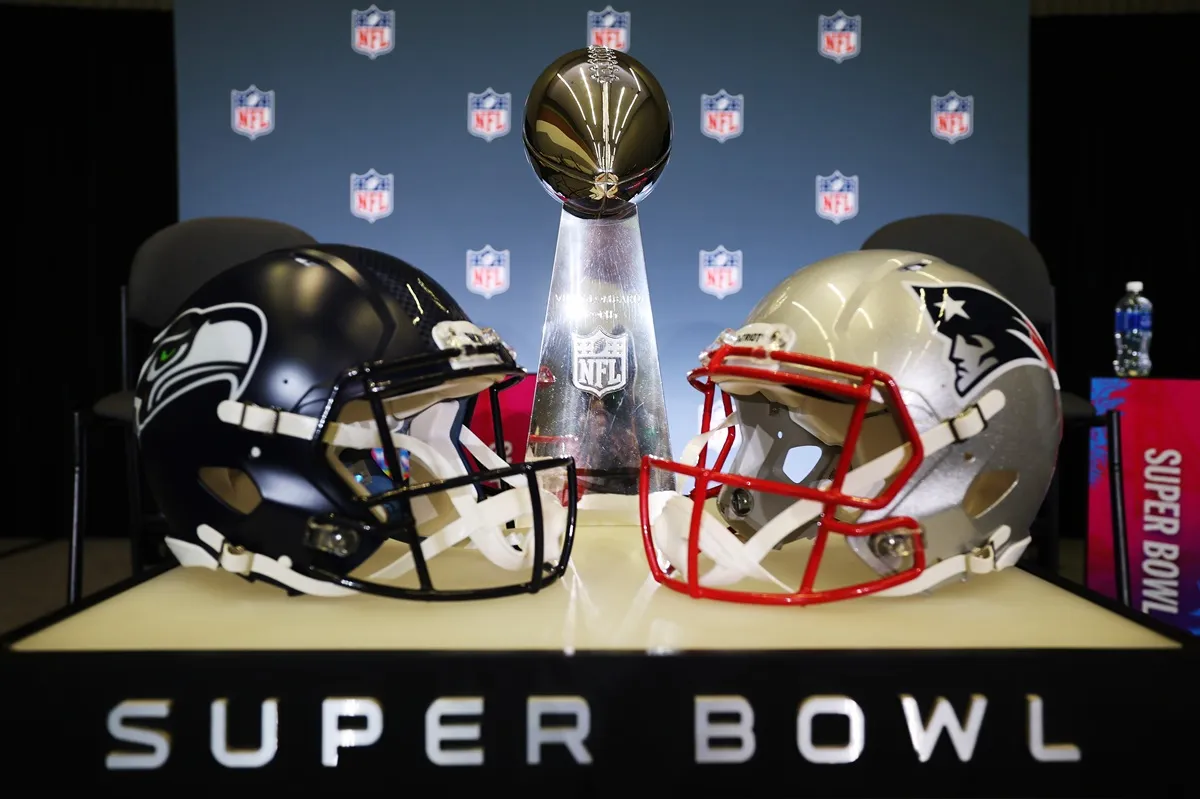
Bob Dylan Shared the Only, Doom-and-Gloom Way He’d Involve Himself in Activist Causes
When Bob Dylan rose to prominence in the early 1960s, he did not consider himself an activist. Still, audiences interpreted his music as politically minded, and he became known as a protest singer. The label, to some extent, has stuck, even though Dylan began rejecting it just a few years into his career. By 1966, he said there was only one way he would involve himself in any kind of political or social protest.

Many considered Bob Dylan an activist because of his protest songs
Songs like “Blowin’ in the Wind” and “The Times They Are A-Changing” earned Dylan a reputation as a protest singer. The songs don’t point to a specific issue, like many protest songs at the time did. Still, they became songs of the civil rights movement. Dylan performed at the March on Washington in 1963, which he said was an incredibly moving experience.
“I looked up from the podium and I thought to myself, ‘I’ve never seen such a large crowd,’” Dylan said, per Rolling Stone. “I was up close when King was giving that speech. To this day, it still affects me in a profound way.”
Bob Dylan does not think of himself as an activist and would only engage politically under certain circumstances
By 1966, Dylan was trying to distance himself from the music that made him famous.
“I’ve stopped composing and singing anything that has either a reason to be written or a motive to be sung,” he told Playboy, per the book Dylan on Dylan: The Essential Interviews. “Don’t get me wrong, now. ‘Protest’ is not my word. I’ve never thought of myself as such.I think, was made up for people undergoing surgery. It’s an amusement-park word. A normal person in his righteous mind would have to have the hiccups to pronounce it honestly. The word ‘message’ strikes me as having a hernia-like sound.”
He added that he didn’t even like hearing protest songs.
“Anyway, message songs, as everybody knows, are a drag,” he said. “It’s only college newspaper editors and single girls under 14 that could possibly have time for them.”
Dylan said that there was only one condition that could get him to reengage with social and political causes, and it was a bleak one that would only benefit one person: himself.
“No, not unless all the people in the world disappeared.”
Other musicians wanted him to involve himself with politics
Dylan’s neutrality-bordering-on-disdain with regards to protest music disappointed some musicians. Joan Baez, who Dylan dated and performed with in the 1960s, called on him to speak out against the Vietnam War. She wrote the song “To Bobby” in 1972 as a message to Dylan.
“Do you hear the voices in the night, Bobby?” she sang. “They’re crying for you/See the children in the morning light, Bobby/They’re dying/No one could say it like you said it/We’d only try and just forget it.”


